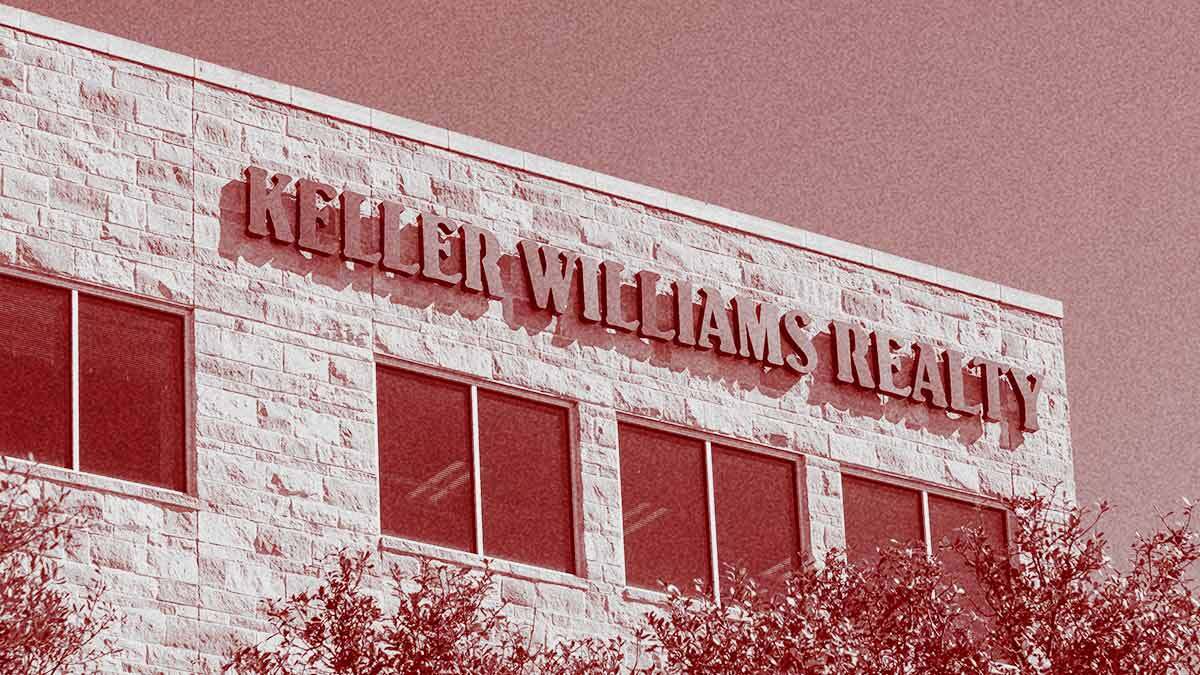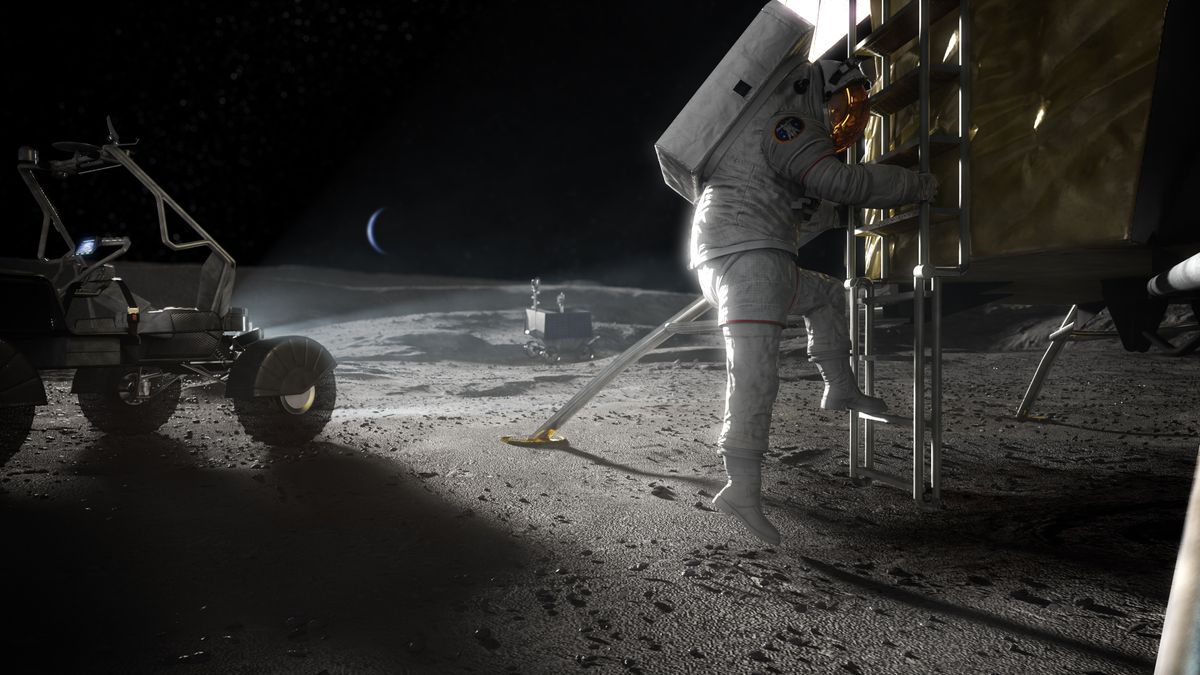Unlock stock picks and a broker-level newsfeed that powers Wall Street.
Daniel Leussink
Wed, Apr 2, 2025, 8:58 AM 5 min read
In This Article:
By Daniel Leussink
TOKYO (Reuters) - Japanese automakers have long relied on the "dependable and affordable" appeal of their economy cars to drive U.S. sales, thanks in part to low-cost production in Mexico. Now, U.S. President Donald Trump is turning that business model on its head.
Trump has announced 25% tariffs on auto imports that are due to take effect on April 3. While the longer-term fallout remains unclear, Nissan, Honda, and other carmakers may need to raise sticker prices, industry experts say, including on economy models that target the most price-sensitive buyers.
It is another big headache particularly for troubled Nissan, given its reliance on both the U.S. market and Mexican production.
Last year, major Japanese carmakers exported almost 880,000 vehicles to the United States from Mexico, according to data from Mexico's national statistics agency. While Toyota's Tacoma pick-up was the most exported model, Nissan had the biggest share of any automaker, accounting for more than a third, with 327,000 vehicles, the data showed.
The Sentra was Nissan's most exported model, with 180,000 of the compact sedans going across the border. The car starts at $21,590, according to Nissan's website.
"The reason cars are made in Mexico is because costs are cheap, allowing automakers to produce economy vehicles there. A lot of those cars being made in Mexico are models where it is difficult to raise the prices, or if you do, you can only raise the price by a little," said Koji Endo, head of equities research at SBI Securities.
In one scenario, Goldman Sachs sees tariff-related price hikes depressing Japanese automakers' sales and operating profits in the current financial year.
Mazda could see the biggest hit with a 59% profit reduction, with Nissan next with an estimated 56% drop, according to Goldman estimates. Toyota, the world's top-selling carmaker, would see a 6% decline and Honda would take an 8% hit.
That is especially bad news for Nissan, which is already flailing in the United States due to an ageing line-up and lack of hybrid models.
It cut its profit forecast three times in the financial year just ended and has had its debt downgraded to "junk".
Nissan's new chief executive, 46-year-old Ivan Espinosa, a Mexican national who was earlier its planning boss, has promised to dramatically cut the time it takes the company to develop new cars.
Slow decision-making at Nissan was one of the reasons why its merger talks with Honda collapsed in February, Reuters has previously reported.
.png)
 German (DE)
German (DE)  English (US)
English (US)  Spanish (ES)
Spanish (ES)  French (FR)
French (FR)  Hindi (IN)
Hindi (IN)  Italian (IT)
Italian (IT)  Russian (RU)
Russian (RU) 






Comments